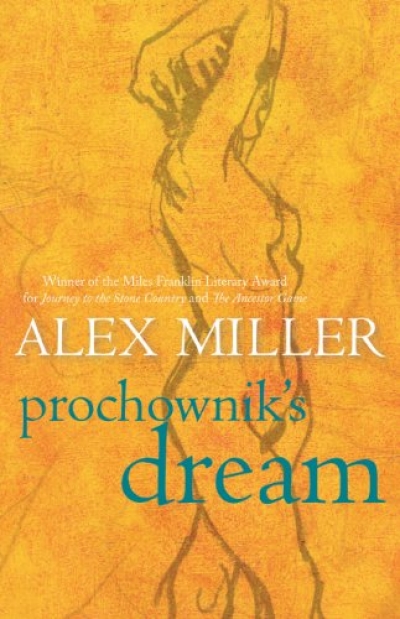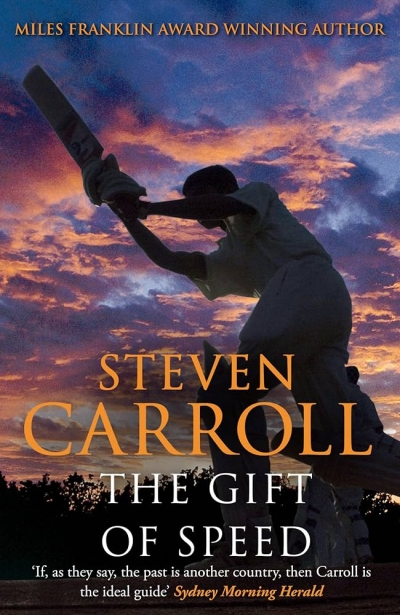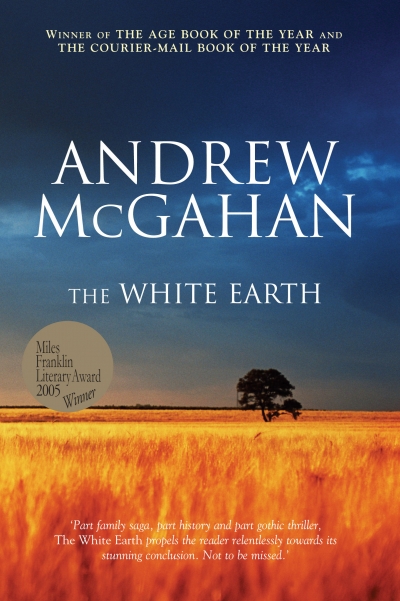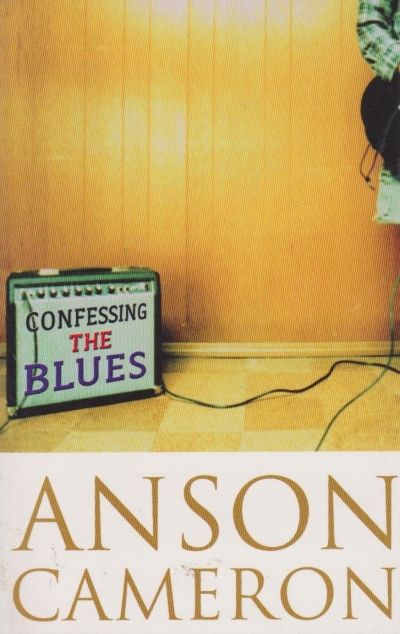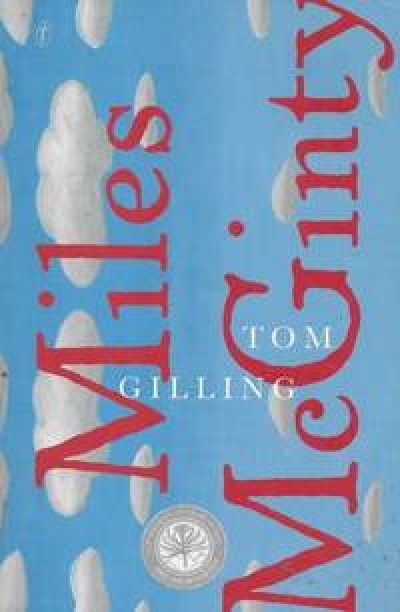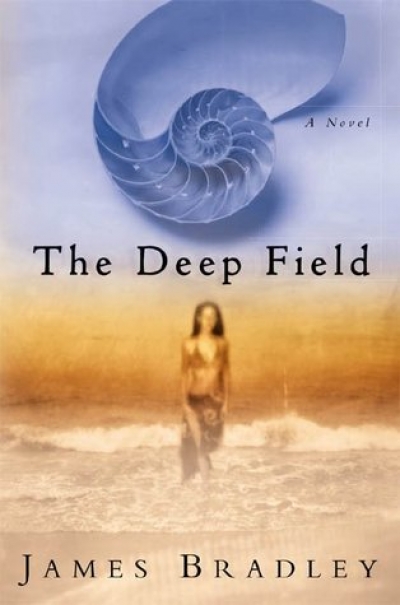I remember trying a few years ago to communicate to a younger friend something of the way I remember my childhood in Adelaide in the 1970s. It was a world in which an older Australia still lingered, a quiet, suburban world where men caught the tram to work at 8.15a.m. and came home at five, where the banks closed at four p.m., and where World War II veterans and their wives lived around us. In 2004 that world – somnolent, conservative, oddly outside time – seems almost unimaginable; even then, it was almost gone. Instead, it inhabits that hinterland between memory and nostalgia, lingering for me in the textures of the things and places which gave it shape, textures that are hopelessly entangled in the possibilities, pleasures and disappointments of childhood.
...
(read more)


